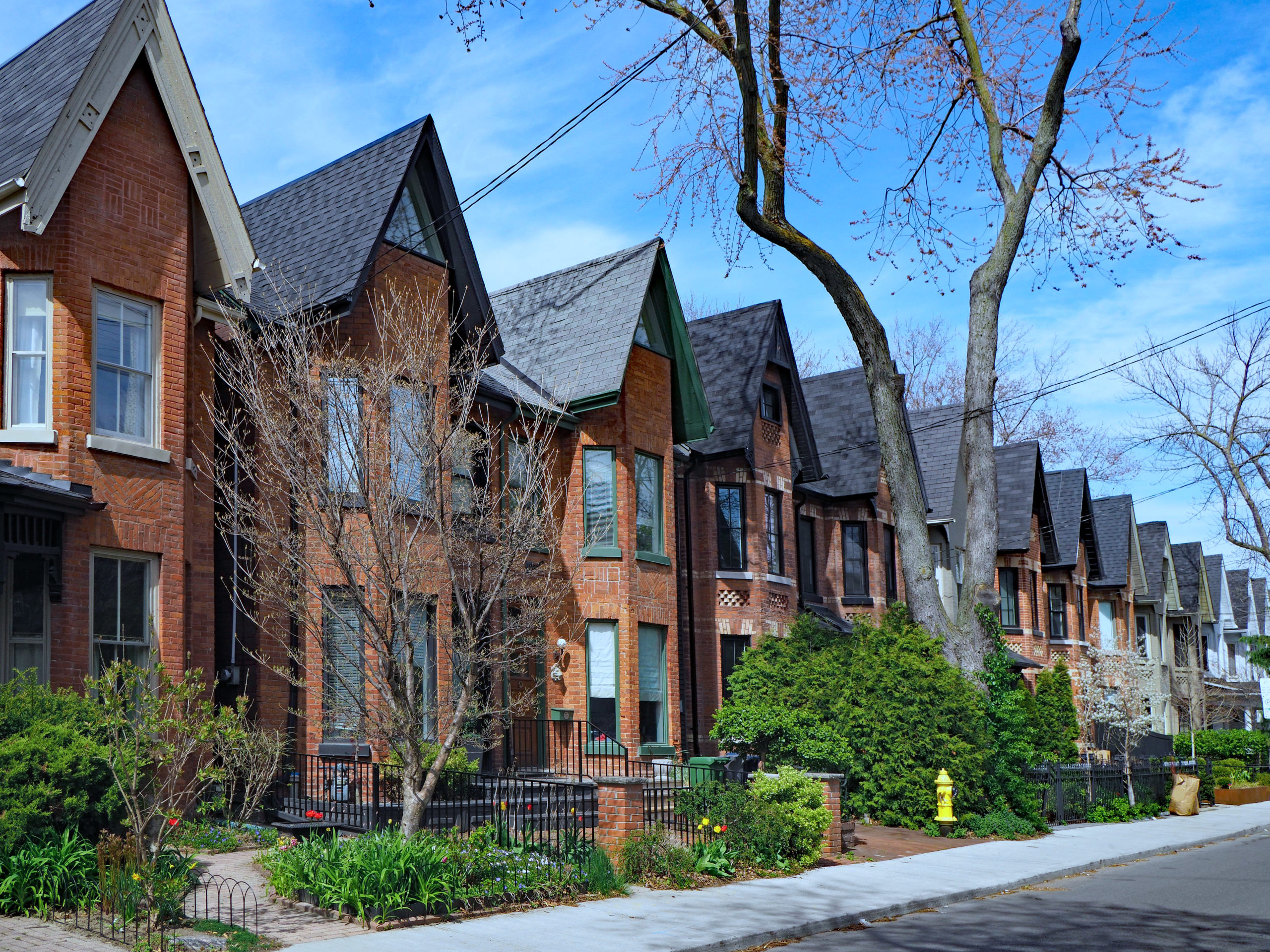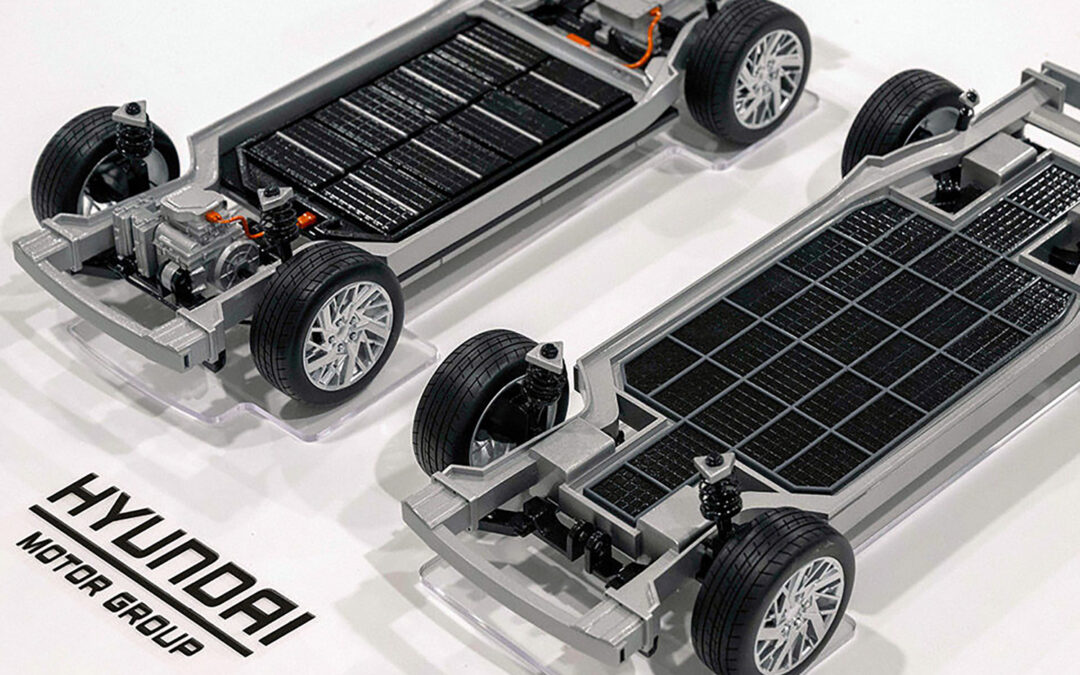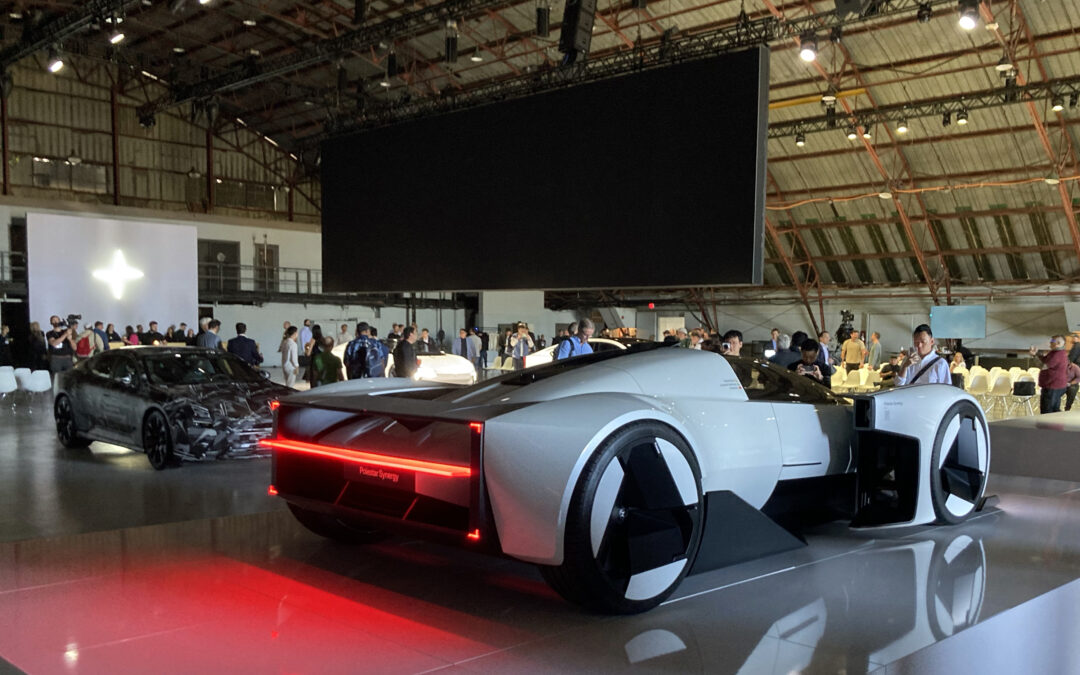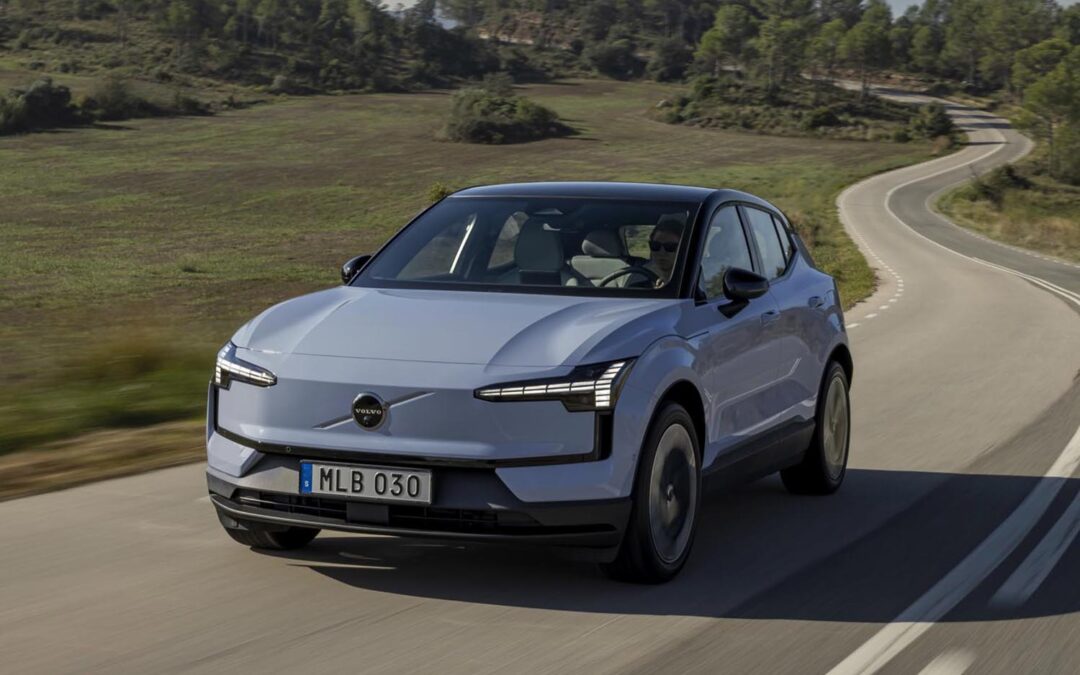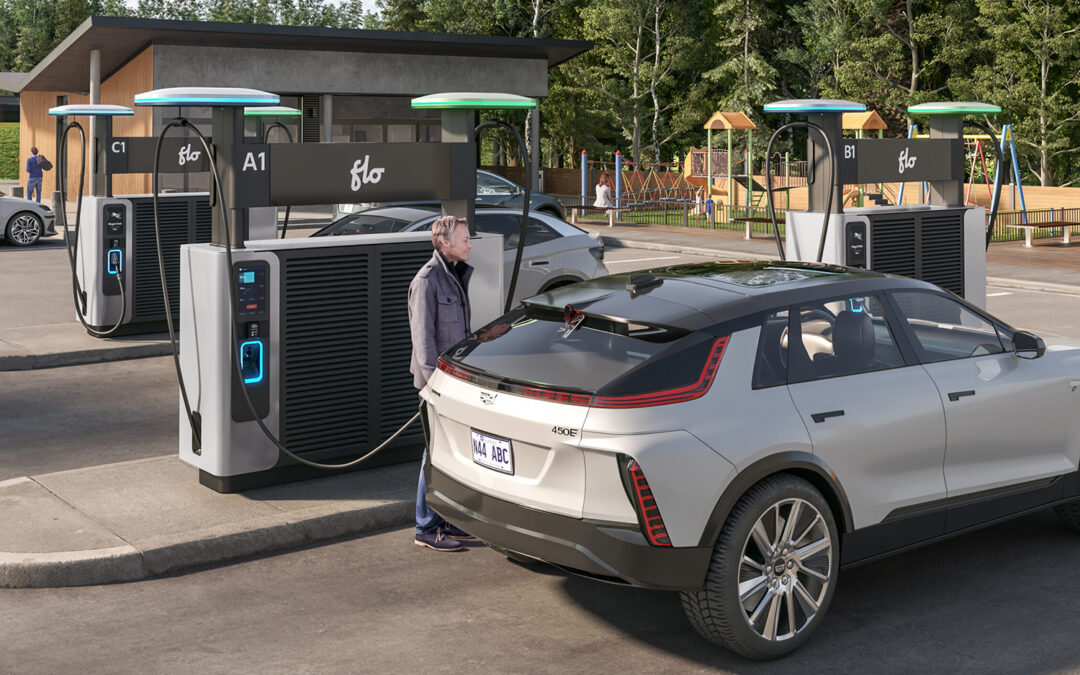When considering their next vehicle, many Canadians are now contemplating making the switch to an EV. While this is great news, the nationwide surge in EV popularity comes with a fine-print caveat for prospective drivers living in densely populated cities – where will they park and, more importantly, will they be able to charge their EV overnight?
Home charging is always the best solution for electric vehicle owners. But for city dwellers with no driveway or garage, municipal laws state an EV owner can’t just throw an extension cord across a sidewalk for charging. In fact, in July of this year, an EV charger inspection blitz found more than 400 unsafe working chargers without a permit in just one area of Toronto. The associated penalties for the use of unsafe chargers, missing permits/approvals, and/or the use of unlicensed contractors can result in fines of $50,000 or, in some cases, a year in jail.
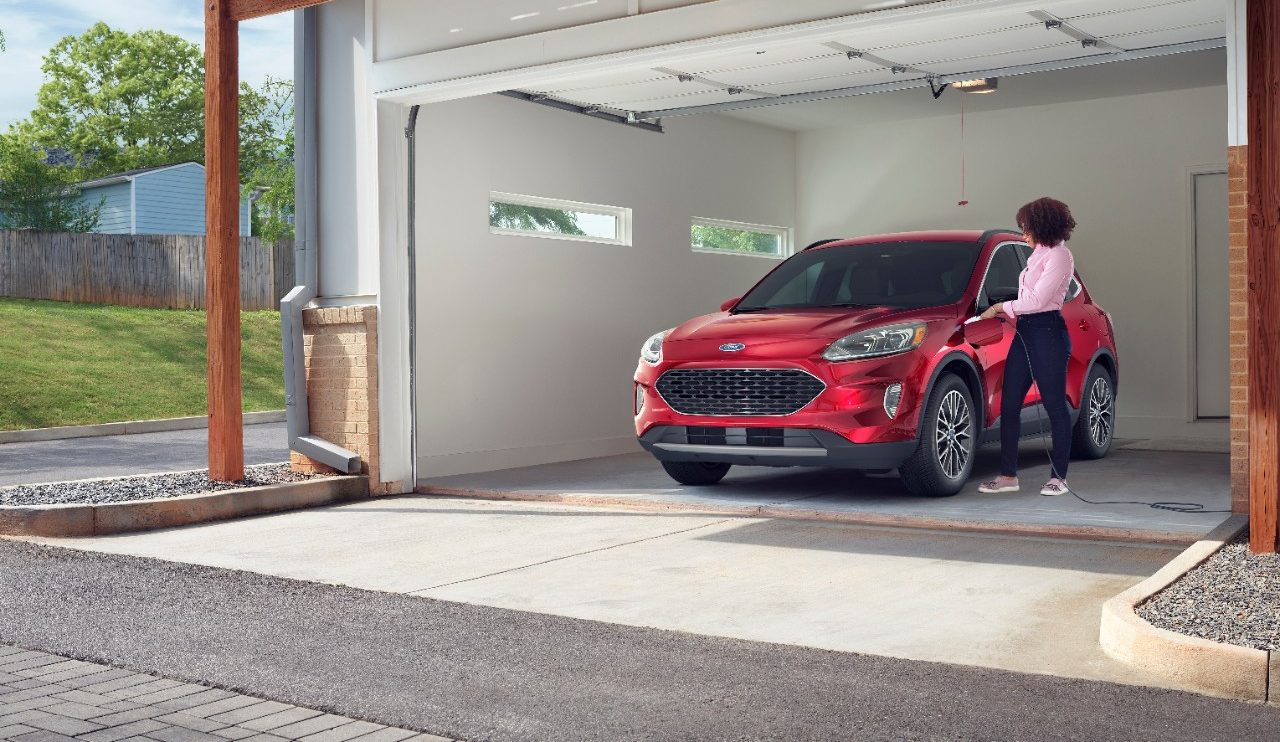
img 4
If there’s space in the front yard, a parking pad might be the best option. But it’s no easy task to get done: just ask Aaron Buckton, a local Toronto resident who began this process in anticipation of purchasing an EV in the near future.
“We currently drive a 2015 Mercedes and are in the market for a new car, so we have been considering making the leap to an EV, specifically a Tesla,” shares Buckton. “But unfortunately, the home we purchased does not have a private garage.” According to the city, residents like Aaron can either consider the installation of an EV charger to a driveway on their property (if they have one), or apply for a front yard parking pad, also referred to as an off-street parking permit.
Video: The ridiculously low costs of charging an EV at home
To begin the application process in Toronto, residents must pay a non-refundable application fee of $468.59, or a non-refundable transfer fee (change in property ownership for licensed locations) of $150.81. From there, they must submit a detailed landscape proposal, drawn to scale and scale noted on plans, that shows all relevant dimensions, all highway names and municipal addresses, physical details such as utilities, sidewalks, walkways, and more. If the proposal requires major landscaping, more detailed drawings may be required. “So far, I have contacted two different landscaping/driveway installation companies,” shares Buckton. “For the drawn proposal alone, not including any work done, I’ve been quoted $4,000 – $6,000, depending on the complexity.”
In addition to the initial application fees and landscape proposal, residents must provide a copy of motor vehicle registration (no trucks, closed vans, campers or other oversize vehicles are permitted) and a Copy of Land Registry Office document and survey. If the application is approved, it will be necessary to:
• Submit a petition signed by residents of at least 50 per cent of the total number of residential properties within the block indicating support for the application, if polling is required
• Obtain a paving permit prior to any construction (the fee for this permit is $169.62 (no tax)*
• Plant a tree in the front yard or fund the planting of a tree, the cost of which is $795.06 (no tax)*
• Pay the cost of the installation of the curb ramp, if applicable
• Pay an annual fee for the use of the City boulevard in accordance with the City of Toronto Municipal Code
• Enter into a Parking on Residential Front Yards and Boulevards Agreement
• Enter into an Encroachment Agreement for any encroachments on the public right of way, and agree to pay the legal fees for the registration of any encroachments on title
Read more: Costs and potential pitfalls of installing a home charger
“If approved, the cost of the work itself is an additional $10,000 – $15,000 on top of fees paid to the city,” explains Buckton. “All in, we are looking at an estimated $20,000 – $30,000 investment to dedicate a portion of our front yard to an EV parking pad.” In terms of the timeline, Buckton admits that he’s not yet sure how long the city’s approval process takes; however, the landscaping company he spoke with estimated that it would take a month to complete the drawings, and two weeks to complete the work. “They are currently booking six to eight months out, so I am guessing the entire process would take a year or more,” he shares.
The city does provide funding and financing options to support provision of EV charging infrastructure in residential buildings and workplaces. These initiatives include The Home Energy Loan Program (HELP), which allows Toronto homeowners to borrow up to $125,000 to cover the cost of home energy improvements, including installing Level 2 EV charging stations. The Energy Retrofit Loan program also provides low-interest loans to help building owners improve the energy efficiency of their buildings. EV charging infrastructure can be eligible for financing under this program when included in a retrofit project that results in energy cost savings.
When asked if the parking pad application experience has made him question whether or not it’s “worth it” to pursue an EV at this point in time, Buckton admits that it has presented a moral dilemma of sorts. “Parking in Toronto has always been a hassle. As we speak, my on-street parking permit is for a ten block radius around my house, and I rarely find parking on my own street, let alone in front of my home,” he shares. “But to retrofit our front yard with an EV parking pad is very expensive, so my partner and I find ourselves really weighing the benefits of gas vs electric.
“Environmental impact is 95 per cent the reason we are considering switching to EV, and I suppose it is a little ‘Keeping up with the Kardashian’s’ too as we see more and more Tesla’s on the road,” adds Buckton. “Admittedly though, the parking situation, in addition to limited city/provincial infrastructure, is a major deterrent. Of course, we want to partake in the proposed shift to electrification but, right now, there may simply still be too many barriers in the way.”
As for public EV charging options, there are currently almost 1,350 publicly-accessible charging stations in Toronto, and the city is installing public EV charging stations at on-street locations and in Green P parking lots. By the end of this year, Toronto residents can also expect the addition of 32 new Level 2 on-street charging stations and approximately 100 charging stations in Green P lots. By the end of 2024, the city reportedly plans to provide more than 650 public EV charging stations at on-street locations and in Green P parking lots. However, for many Toronto residents, access to a limited (albeit growing) number of public chargers is not enough to give them the confidence to invest in an EV.
“Ultimately,’ says Buckton, ‘the question becomes – is the weight on our conscience with regards to the environmental impact of gas vehicles worth the $30,000 price tag to have the parking pad installed at our house in the city?”
